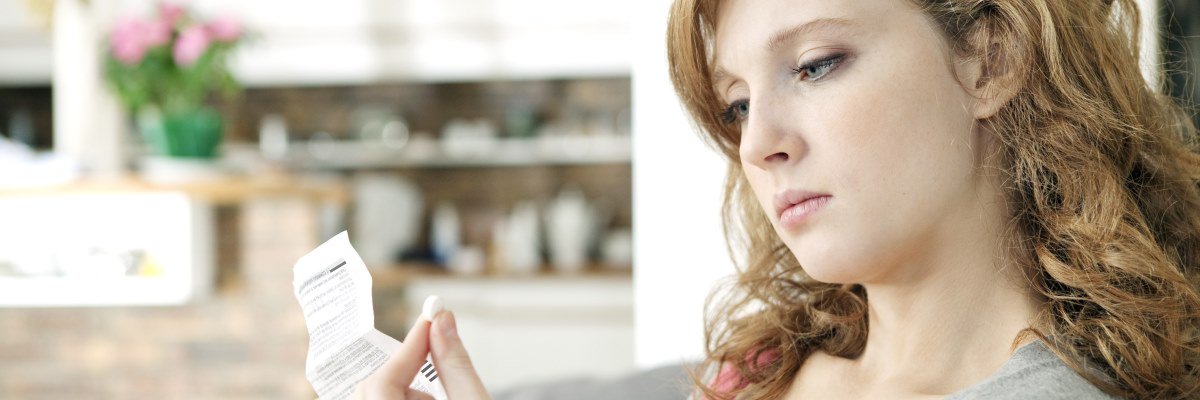April 13, 2022
Updates and focus, Special Headache
Headache attacks can be induced by certain situations and behaviors. The Istituto Superiore di Sanità has drawn up a list of most common triggers, and tips for avoiding them. Let’s see them in detail.
Weekend headache
Sometimes you wake up on Saturday or Sunday morning after a week of intense work, with a severe headache. This is the weekend headache caused by a sudden collapse of stress hormones, which in turn triggers the release of neurotransmitters that first cause blood vessels to contract and then dilate, causing headaches.
Provide spaces dedicated to relaxation, such as a yoga class, even during the week. Avoid sleeping much longer than usual, as prolonged sleep for more than 8 hours can trigger an attack.
Repressed anger
The anger causes the neck and head muscles to stiffen, resulting in the musculotensive headache.
Deep breathing exercises, inhaling through the nose and exhaling through the mouth, can help to promote muscle relaxation.
Incorrect posture
Maintaining an incorrect position, especially when working on the PC, can cause a long time muscle tension in the upper back and base of the neck, which can promote headaches. In this case, the pain starts from the nape of the neck and can extend to the face and forehead.
Sit with your back straight, use a chair that offers lumbar support, and get up from your desk often.
Smells and perfumes
In particularly sensitive people the smell of household cleaners, air fresheners, and perfumes can trigger a headache. Perfumes contain chemicals that activate nerve cells in the nose which, in turn, stimulate the area of the brain associated with the headache.
Avoid very fragrant products, if possible choose those that do not have them and often ventilate the rooms.
Weather conditions
Le changes in atmospheric pressure, responsible for climate change, can trigger chemical and electrical changes in the brain and irritate the nerves. For some predisposed individuals, sudden changes in temperature and humidity can lead to headaches.
Grinding your teeth
Il bruxismwhich is the tendency to grind the teeth during sleep, causes the contraction of the muscles involved in chewing and causes headaches. This causes some people to wake up with a feeling of tension in the face that can lead to a headache.
Intense lights
Le very bright lightsdazzling and flickering cause the levels of certain brain chemicals that, by activating the migraine control center, they can generate an attack.
Protect yourself with sunglasses, if necessary even indoors. Polarized lenses can also reduce reflections and glare generated by bright conditions. Avoid neon lights, which tend to flicker, if possible. Pay attention to reflections on the PC screen and place the workstation away from direct light sources.
Foods
Some foods such as sausages, fermented and aged cheeses, chocolate, smoked fish, contain chemicals that can cause headache. The same effect is produced by diet sodas.
Contact of cold material with the palate or the back of the throat, eating ice cream, popsicle, or drinking an ice cold drink can cause intense pain in the central part of the forehead. Normally the disorder disappears spontaneously within a few moments or a couple of minutes.
Per identify foods associated with attacks it is useful to fill in a headache diary.
Sexual activity
Sometimes the headache is associated with sexual activity, for both men and women. According to doctors, this form of headache depends on theincreased pressure in the head and neck muscles. The attack tends to appear in the foreplay phase or just before orgasm, and can last anywhere from a few minutes to an hour.
If this happens frequently it may be helpful to take a pain reliever a few hours before intercourse.
Source: National Institute of Health
Tags:
